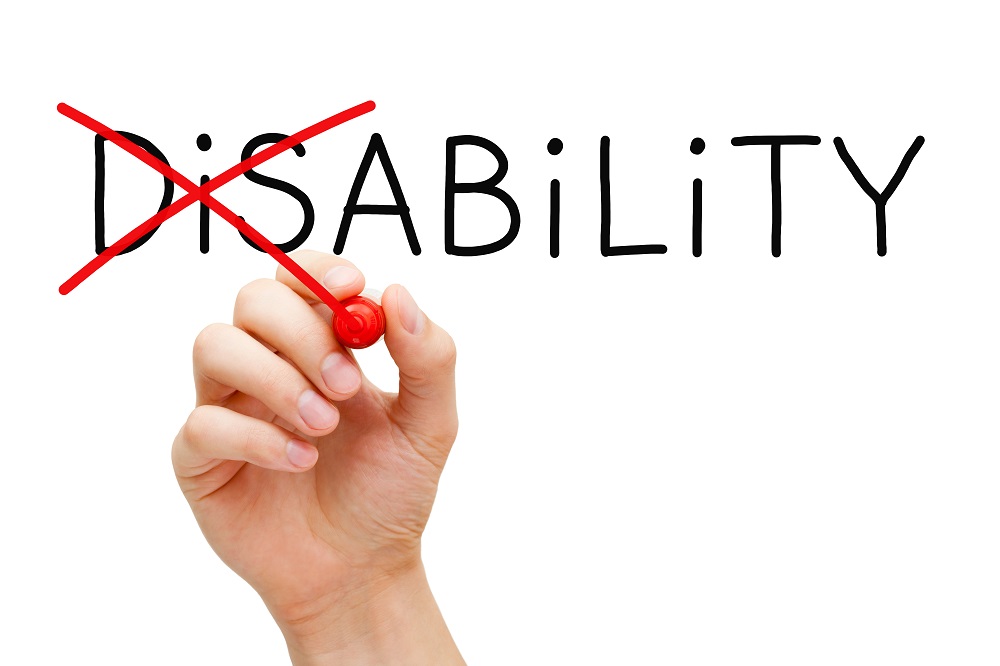Many people have had their careers limited permanently or temporarily by a health crisis that resulted in disability. For some, there’s a strong desire to reenter the workforce. After all, while Social Security benefits can help cover expenses for a time, returning to work provides a much greater financial ceiling and gives those with disabilities more upward career mobility. Thanks to programs such as the Social Security Ticket to Work program, benefit recipients can ease themselves back into employment without jeopardizing benefits.
Despite the ability to keep Social Security disability benefits, Ticket to Work program participation can be intimidating for some who don’t understand the protections it offers. The prospect of rejoining the workforce and working with a disability can be daunting on its own, and there are unfortunately common myths that erroneously lead many to believe they’ll lose the benefits they already receive by engaging in the program. Fortunately, with a little research and knowledge, those misconceptions can be easily debunked. Keep reading to learn about 4 common myth regarding disability benefits and return to work programs that can be debunked with facts.
Myth 1: Restarting Work is Risky
Many people believe that there are unpalatable risks involved in returning to work after receiving disability benefits. For example, some think that if they enter the Ticket to Work program and find that they can’t maintain employment due to their disability, they’ll lose their benefits and potential livelihood while returning to the Social Security starting line. However, the Ticket to Work program was created to eliminate those perceived risks that may have prevented benefit recipients from exploring potential opportunities in the workforce. Through the Ticket to Work program, you won’t lose your benefits and you won’t have to begin the disability application process over again if you can’t maintain your employment due to disability.
Myth 2: You’ll Lose Your Medicare if an Employer Offers Insurance
One of the benefits associated with the Social Security disability program is that recipients qualify for Medicare health insurance. Some mistakenly believe that if they return to work and their employer offers insurance, they’ll subsequently lose their Medicare coverage and be forced to join an employer’s insurance program. However, that’s simply not the case. Your Medicare insurance will continue so long as you are receiving disability payments, and even after the 9-month trial work is over, your Medicare will be extended by at least 93 months if you continue to have a disabling impairment.

Myth 3: Ticket to Work Isn’t Optional
Some believe that, if you’re receiving disability benefits, you’re required to participate in the Ticket to Work program to maintain those benefits. However, the opposite is true. Ticket to Work is a program designed for a segment of disability recipients who have the desire to return to work and have disabilities that may allow them to do so successfully. The program isn’t mandatory, but rather is strictly voluntary. It’s simply a way to investigate your career potential and job opportunities without losing the protections offered by the Social Security disability program.
Myth 4: You’ll Be Stuck with an Employment Network
Through the Ticket to Work program, participants assign their tickets to entities known as employment networks, or ENs. These networks may provide additional skills training, help determine attainable career goals, and assist participants in finding viable job opportunities. While it’s true you can only assign your ticket to one EN at a time, you aren’t locked in when you select an employment network. You’re free to move your ticket around until you find a good fit for your situation, so long as your ticket is only assigned to one EN at any given time.
If you’re interested in returning to work after participating in the Social Security disability program, the Ticket to Work program offers a means to investigate employment opportunities with little to no risk of losing benefits. To learn more, contact DisABLEd Workers at (877) 291-9806.

